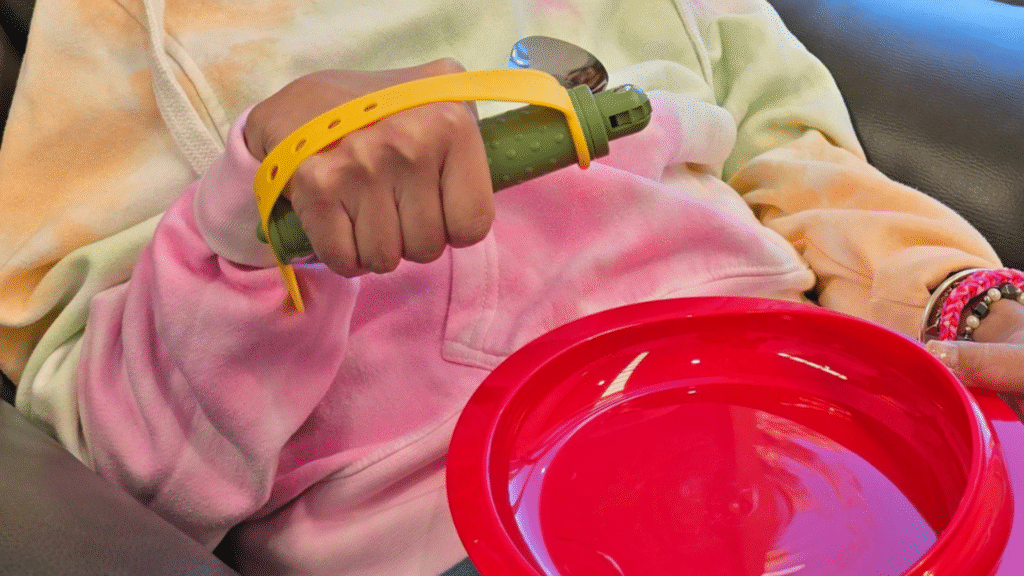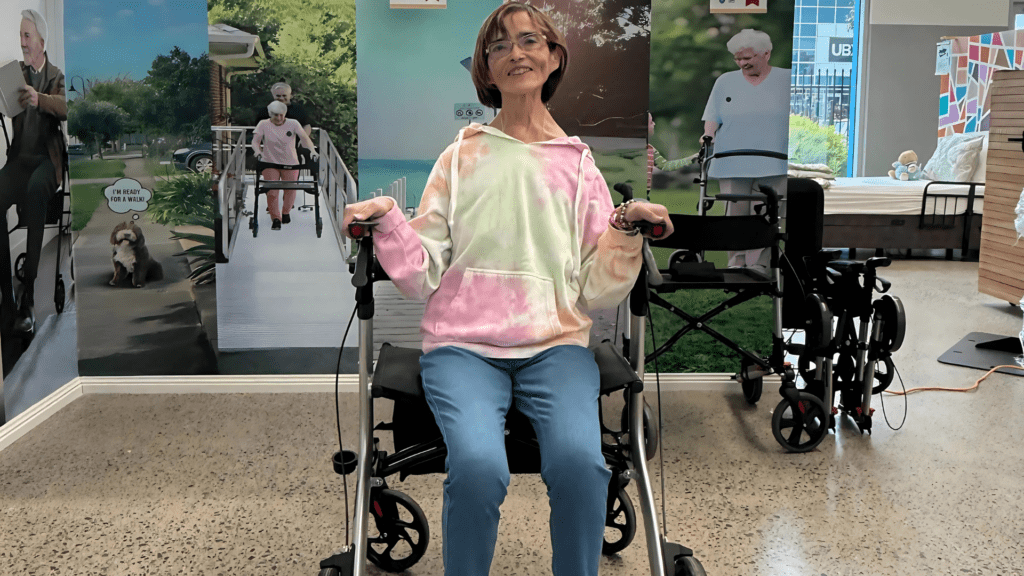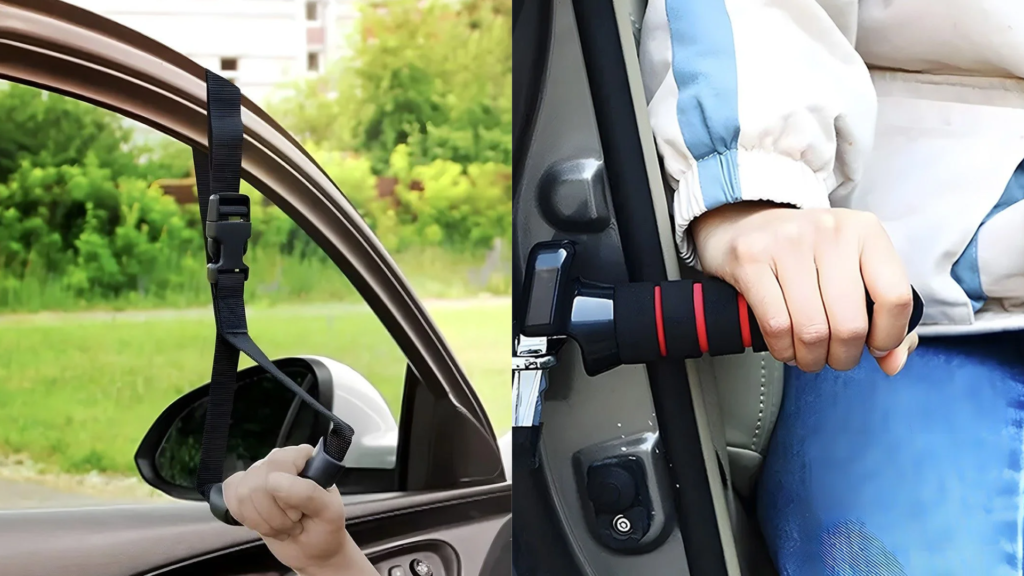Caring for elderly or disabled individuals at home can be demanding, but the right daily living aids can make tasks easier, safer, and more comfortable. From eating and dressing to mobility and personal hygiene, these assistive devices support both carers and the people they care for, promoting independence and reducing the risk of injury.
This guide highlights 20 essential daily living aids every carer should be familiar with, and provides tips on choosing the right tools for home care.
Introduction: Making Daily Care Easier
Daily care involves a variety of tasks, from helping someone eat to assisting with personal hygiene and mobility. With the right aids for seniors and elderly care products, carers can reduce physical strain, enhance safety, and enable the person they care for to maintain dignity and independence.
At Care With Us Australia, we provide a wide range of daily living aids store options suitable for family carers, home care workers, and allied health professionals.
Essential Eating & Drinking Aids
Eating and drinking can be challenging for seniors with limited dexterity or strength. Some useful aids include:
- Double Handled Cup for easy grip
- Tableware spoon sets designed for better control
- Nursing cups with straw to prevent spills
- Elderly care bowls with non-slip bases
These aids allow seniors to eat and drink independently, reducing carer involvement and enhancing confidence.
Bathing & Personal Hygiene Helpers
Maintaining hygiene can be difficult for people with mobility issues. Some practical tools include:
- Long-handled bath brushes for reaching difficult areas – Bath Brush
- Foldable grabbers to pick up objects safely – Foldable Grabber Reacher with Magnet
- Disposable toilet seat covers for cleanliness – Disposable Toilet Seat Cover
These devices support carers while enabling the elderly to maintain personal hygiene with dignity.
Mobility & Transfer Supports
Helping seniors move around safely is critical in home care. Key mobility aids for elderly include:
- Car assist handle sets to aid entry and exit from vehicles
- Leg lifters for bed transfers
- Wheelchair safe belts for secure transfers
These aids reduce the risk of falls and injury for both carers and care recipients.
Dressing & Grooming Assistive Devices
Dressing and grooming can be challenging for seniors with limited flexibility or strength. Helpful aids include:
- Multi-purpose dressing sticks to reach clothing – Multi-Purpose Dressing Stick
- Sock holders to easily put on socks – Sock Holder
These assistive devices promote independence and reduce reliance on carers.
Safety & Monitoring Tools for Home Care
Ensuring safety at home is essential for elderly and disabled individuals. Useful aids include:
- Wireless caregiver pagers to monitor needs
- Safety portable locks to prevent accidents
- Door alarms to alert carers of unsupervised exits
Other aids like mobility mats, handrails, and non-slip surfaces can further enhance safety.
Choosing the Right Daily Living Aids for Your Loved Ones
When selecting daily living aids, consider:
- Individual needs and mobility levels
- Home layout and space constraints
- Recommendations from allied health professionals
- NDIS-approved mobility aids for eligible participants in Victoria
Start with essential items for eating, bathing, and mobility, and expand based on daily challenges. At Care With Us Australia, our team can provide personalised advice to help choose the right home care aids Victoria for your loved one.
Conclusion
Daily living aids improve independence, safety, and comfort for elderly and disabled individuals
- Using the right assistive devices reduces carer strain and risk of injury
- Begin with essential aids and gradually include more devices tailored to specific needs
Explore our full range of daily living aids | Contact us for personalised advice
FAQs
Q1. What are daily living aids for seniors?
Daily living aids are assistive devices designed to help elderly or disabled individuals perform everyday tasks like eating, bathing, dressing, and moving safely.
Q2. How do I choose the right daily living aids for home care?
Start by assessing mobility, dexterity, and safety needs. Consult allied health professionals or occupational therapists and consider products that reduce carer strain while promoting independence.
Q3. Are there NDIS-funded daily living aids in Victoria?
Yes. Many mobility aids, assistive devices for elderly, and home care products are eligible for NDIS funding in Victoria.
Q4. Can daily living aids improve independence for elderly people?
Absolutely. Tools like adaptive cups, dressing sticks, and mobility supports help seniors perform tasks independently, enhancing confidence and dignity.
Q5. Where can I buy daily living aids in Australia?
You can find a wide range of daily living aids and elderly care products at Care With Us Australia via the Daily Living Aids Store.



